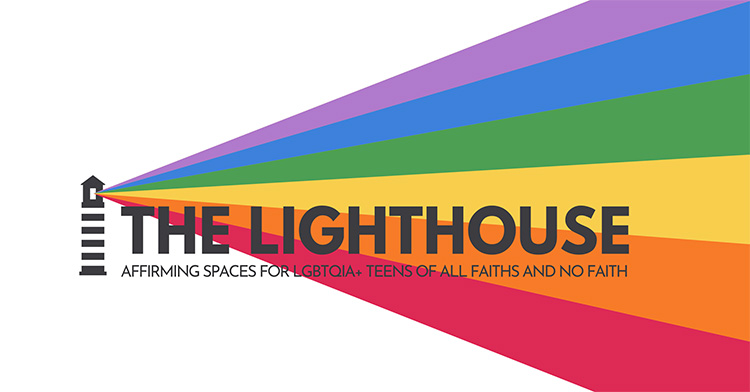You don’t have to hang around the church coffee hour very long until you hear a story about the “glory days.” These stories are often mythic, detailing a time when churches were full, families were plentiful and every spring brought a new litter of children into the congregation (and the summers weren’t as hot and the stars were brighter in the sky). You’d never know it from these stories, but if you go back and check attendance records, you’ll often find that there were natural ebbs and flows in attendance, even in the “glory days.”
One mainline Protestant myth is about the religious practices of young adults. I often hear church folks talk about how young adults will come back to church once they get married and have children.
Findings from the National Study of Youth and Religion as presented in “Souls in Transition: The Religious and Spiritual Lives of Emerging Adults” by Christian Smith with Patricia Snell reveal that young adults are not returning to church, mostly because they were never in church in the first place. Only 15 percent of young adults fall into researchers’ most religious category. The remaining 85 percent of young adults range from being marginally connected to religion to being completely irreligious.
The reality is that we are at least two generations removed from a culture that could rely upon people coming to church simply because it is expected of them. According to the American Religious Identification Study, the numbers of people who have “no stated religious identification” has risen from 8.2 percent in 1990 to 14.1 percent in 2001 to 15 percent in 2008. Similarly, the numbers of people who consider themselves “spiritual, but not religious” have also increased from 9 percent in 1998 to 14 percent in 2008, according to the General Social Survey. Among the 18-39 year-olds, the numbers are even higher -- 18 percent in 2008.
Despite this sociological evidence, people still want to believe that young adults will come back to church someday -- that the “return myth” will hold true. That is simply not the case.
Demystifying ourselves can be difficult, primarily because it involves admitting we were wrong.
Yet Jesus gives us grace to do that; to confess where we’ve denied reality, so that we might realize the gospel vision. We know this to be true in other parts of the Christian life. We cannot realize peace without confronting violence; we cannot have justice without acknowledging the injustice around us; we cannot know love without experiencing indifference and hatred.
We should acknowledge that young adults are not going to return to church (or visit for the first time) without some effort on the part of our local churches. We can offer substantive programs to help young families and single adults form their new adult faith. We can reach out to college students. We can be sensitive to the needs of our communities and tailor our ministries to meet those needs.
Opportunities will present themselves when we see clearly the world for what it is. No myth can help us do that. We need ears to hear and eyes to see what's going on with young adults -- which is to say, we need grace.
Nicole M. Havelka is an ordained United Church of Christ minister and serves as the associate conference minister for youth and young ministries in the Iowa Conference UCC.













